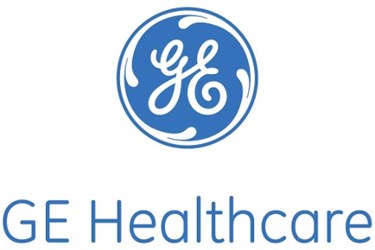GE Healthcare Rides Imaging, Chinese Market To "Another Solid Quarter" Of Growth

GE Healthcare continues to grow in its third quarter of 2016, and the company posted double-digit profit growth for its healthcare business despite substantial challenges in other segments, principally oil and gas. Senior executives attribute 8 percent growth in overall healthcare orders to strength in imaging and continued momentum in the Chinese market.
In the first three months of 2016, GE Healthcare posted 15 percent growth, its best in 20 quarters. GE CEO Jeffrey Immelt commented in an earnings call that he expected healthcare business to continue to grow throughout the balance of 2016. According to the company’s most recent posting, GE’s healthcare unit has achieved financial goals and earnings projections.
GE’s healthcare unit had “another solid quarter,” said CFO Jeffrey Bornstein in an earnings call. Bornstein reported orders worth $4.8 billion, representing growth of 6 percent. Strength in imaging — particularly computed tomography (CT) and magnetic resonance (MI) imaging — drove 12 percent order growth, while ultrasound was higher by 11 percent. Operating profit, according to Bornstein, was up by 10 percent.
“Healthcare HCS [high content screening] equipment had the strongest growth in five years at 12 percent,” Immelt told analysts on the call. “This includes 12 percent growth in the United States and 15 percent in China.” U.S. and European markets experienced “stable growth,” said Immelt, and China growth “continues to improve.”
Solid growth in orders from U.S. and Canada received a boost from 10 percent growth in the Asia-Pacific market. In a July earnings call, Immelt highlighted “awesome” growth in China, with orders up by 9 percent on an organic basis. For the third quarter, Asia-Pacific market grew by 10 percent overall and 13 percent in China, excluding the KUBio bioprocess facility order last year.
GE Healthcare and Pfizer recently broke ground on a second modular biopharma facility in Hangzhou, which uses GE Healthcare’s KUBio advanced modular manufacturing solution. By building facilities and manufacturing biosimilar locally, the companies intend to bring advanced, cutting edge treatments to the Chinese market more quickly.
In September, GE Healthcare launched its first healthcare accelerator for emerging markets, earmarking $50 million to fund 10 startups developing low-cost medical technologies designed to suit the needs of emerging markets. Terri Bresenham commented in a press release that the investment will extend the company’s portfolio of “affordable solutions.”
In the press release, GE highlighted plans to invest $163 million in biopharmaceutical manufacturing in Ireland, as well as a recent “first of its kind,” outcomes-based innovation collaboration with Mission Health. That deal will seek to replace out-of-date monitoring and telemetry equipment and improve “system-wide” efficiency.
